The Philippines intends to buy intermediate-range missile launchers from the US, a plan likely to trigger more Chinese protests over Manila’s efforts to boost its defences.
Defence secretary Gilberto Teodoro said in an interview with the Financial Times that his country was looking at getting mid-range capability (MRC) launchers, which the US brought to the Philippines in April for two bilateral military exercises.
“We do intend to acquire capabilities of such sort,” Teodoro said. “We will not compromise with our right to acquire any such kind of capabilities in the future within our territory.”
The April deployment of the launcher, also known as Typhon, was the first by the US of an intermediate-range missile system since the collapse of the Intermediate-Range Nuclear Forces Treaty in 2019. The treaty barred the US and Russia from developing or deploying any nuclear or conventional missile systems with ranges between 500 and 5,500km.
The launcher has remained in the Philippines since the exercises. Beijing has denounced both the initial deployment and its extension as “provocative” and “destabilising”.
Colonel Francel Margareth Padilla, spokesperson for the Armed Forces of the Philippines, said the military continued to train with the launcher, including practising its mobility, because Manila is “looking at trying to procure” the system.
The comments come after Beijing criticised Manila over its defence modernisation and efforts to safeguard its maritime rights.
The Philippines, the oldest US military ally in Asia, has reinvigorated defence co-operation with Washington since President Ferdinand Marcos Jr took office in 2022, but such moves have exposed Manila to Beijing’s wrath.
On Friday, China summoned the Philippines’ ambassador to protest after Marcos signed two domestic laws to define Manila’s sovereign rights in maritime zones and sea lanes, as defined by the UN Convention on the Law of the Sea.
Beijing protested over what it called the “illegal” inclusion of reefs, island and waters that it claims, the Chinese foreign ministry said.
Procuring MRC missile launchers will be part of Marcos’s push to enable the Philippines armed forces to detect and deter threats, as he shifts the country’s focus from countering long-running internal insurgencies to protecting its sovereignty. The modernisation effort, backed by a tripling of the military’s budget, includes plans for several new naval and air bases.
Typhon would complement BrahMos supersonic anti-ship missiles that Manila procured from India, Teodoro said. “It adds depth and it increases deterrence,” he said. The MRC system is suitable for missiles exceeding the 200 to 300km range of the BrahMos.
The Philippines military is building its first BrahMos base on the west coast of Luzon, facing the disputed South China Sea. It is also looking to reinforce other areas including the east coast, facing waters and airspace that are key for US submarines and supply lines and where China is increasing its military activity.
The country of more than 7,000 islands is at a strategic intersection of shipping lanes that connect east Asia with Australia, south-east Asia and India. Some of the fiercest battles of the Second World War were fought in the straits and bays of the archipelago.
“The points for forward-operating bases would generally be where our archipelagic baselines are,” Teodoro said, referring to the outer lines of the country’s territorial sea. “I do believe that we need to put in a lot of infrastructure in the eastern seaboard [for] air and naval basing.”

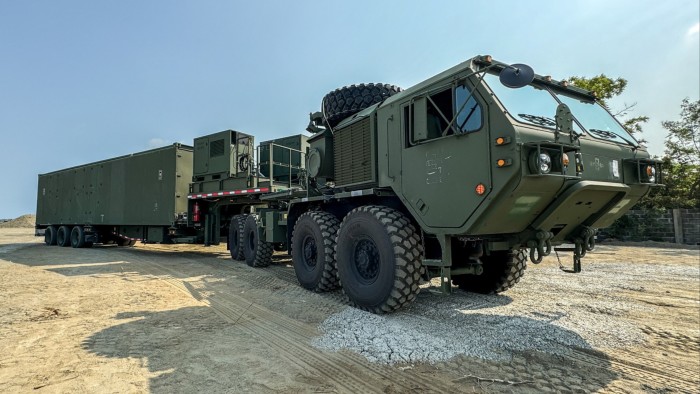


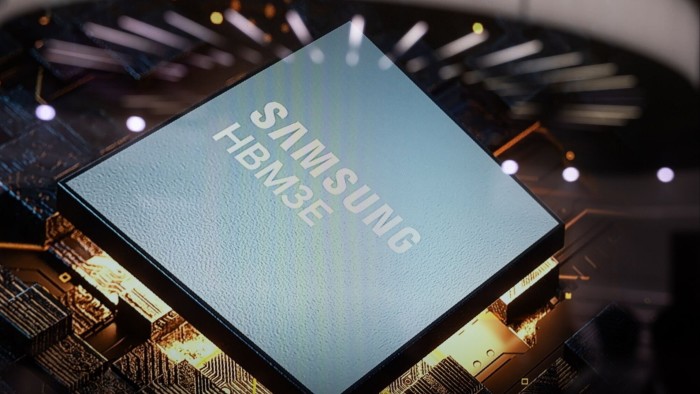
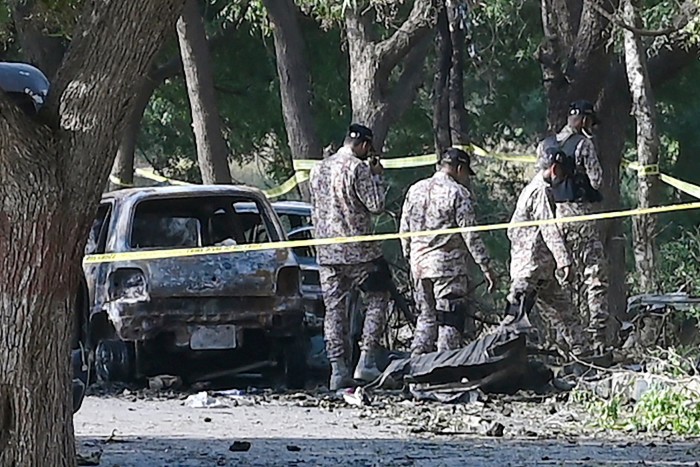

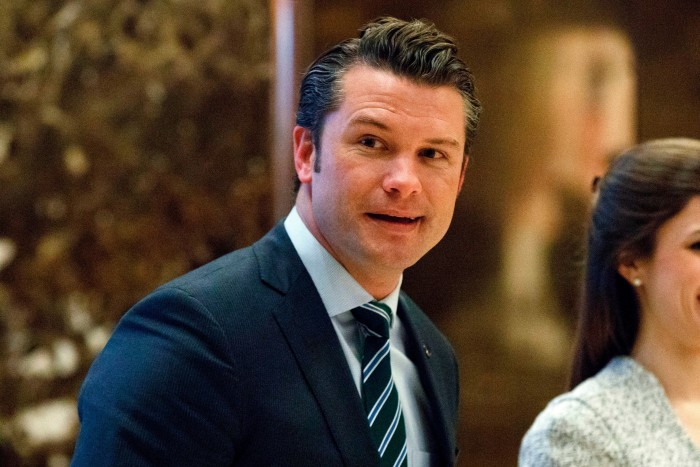










































































































































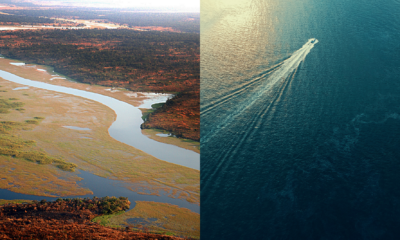

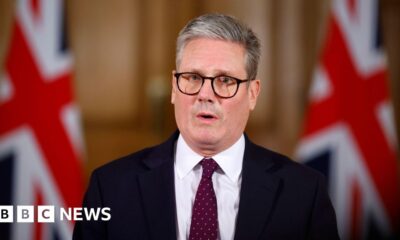

























You must be logged in to post a comment Login